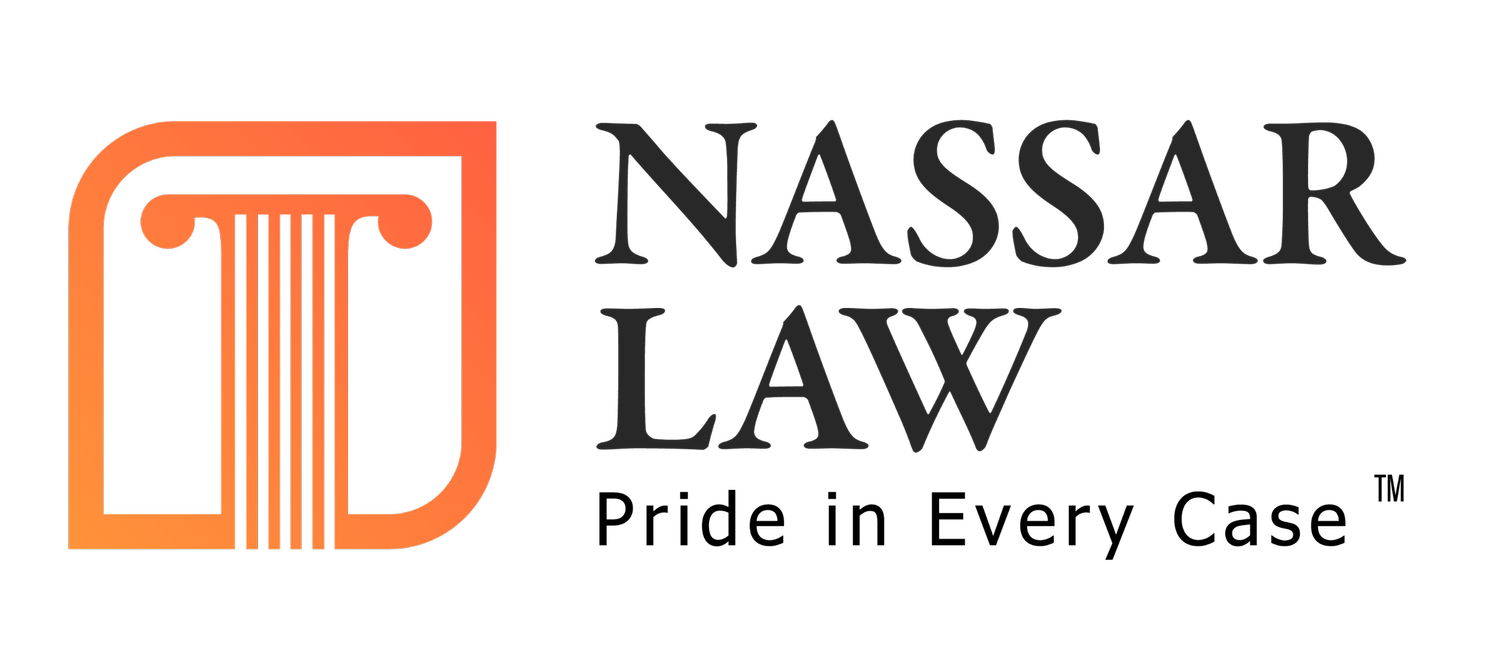What Happens If My First Mortgage Forecloses And I Have A Second Mortgage? What Will A Bankruptcy Do For Me?
Bankruptcy law is complex field and there are countless situations each leading to a different conclusion. In this blog, I will attempt to provide a brief and general answer that should be understandable to those not experienced in the legal field.
When you have two mortgages (each a different lender) on your home, and the first mortgage lender (“Lender A”) initiates and succeeds in a foreclosure sale, Lender A may not pursue you if a deficiency exists between the foreclosed sale price and the amount owed on the first mortgage with Lender A. However, Lender A is permitted to report the loss to your taxing authority (i.e. IRS, CA FTB) and you will receive a potentially substantial tax penalty. For many, the tax implications alone are a huge detriment, since taxes are generally not dischargeable in a bankruptcy proceeding. However, if the debtor files for a bankruptcy and receives a discharge before a foreclosure occurs, the debtor will not be liable for the tax implications that can arise (assuming the debtor did not refinance or reobligate himself to the mortgage after filing for bankruptcy relief). Thus, the filing of a bankruptcy prior to a foreclosure is a huge benefit to debtors.
IE: Bob’s owns a house valued at $300,000. Bob has a first mortgage with Lender A of $400,000 owed and a second mortgage with Lender B of $50,000 owed. If Lender A completes a foreclosure on Bob’s house, and the house sells for $250,000 at the foreclosure sale, Bob’s deficiency to Lender A will be $150,000 ($400,000 less $250,000). Thus, Bob’s potential tax implications can be up to $150,000 from Lender A alone. However, if Bob filed for a bankruptcy and received his discharge prior to the foreclosure, Bob would avoid any tax implications of the foreclosure sale from Lender A.
How about the second mortgage?
Typically, the second mortgage can also initiate foreclosure proceedings, however, this is rarely seen since most properties are under-water (no equity) and the second mortgage lender (“Lender B”) will not receive any proceeds from a foreclosure sale if they pay to initiate one. Thus, second mortgage companies pursue collections of the second mortgage against a debtor.
However, some second mortgage lenders are not permitted to pursue collection measures against a debtor, depending if they are a “purchase money” mortgage debt/lender. If Lender B is considered a purchase money mortgage lender/debt, then Lender B will not be able to collect on a deficiency following a foreclosure proceeding. However, if Lender B is a non-purchase money mortgage lender/debt (i.e. refinancing the property created Lender B’s interest in the property), then Lender B is able to collect on the deficiency following the foreclosure. Fortunately, if the debtor files for a bankruptcy and receives a discharge, the debtor should be able to prevent Lender B from collections actions for the deficiency. Thus, the filing of a bankruptcy is a huge benefit to debtors, especially those facing a possible foreclosure.

